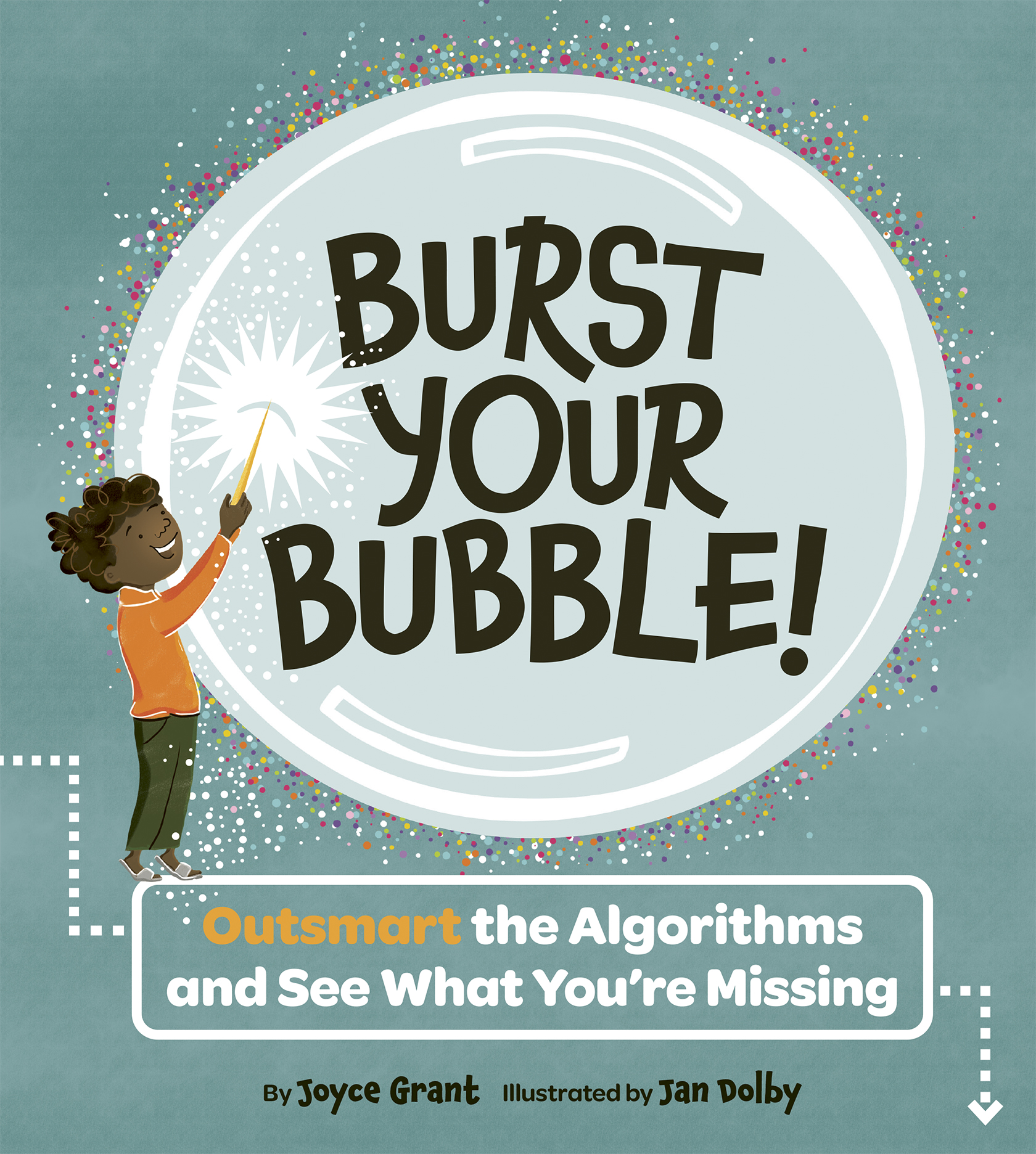 A four-year-old boy named Robert Tufts is the mayor of the small town of Dorset in Minnesota.
A four-year-old boy named Robert Tufts is the mayor of the small town of Dorset in Minnesota.
He was given the job last August – when he was only three – and will continue to be mayor until this August.
The boy was awarded the position after his name was pulled out of a hat.
Once a year, people who live in or nearby Dorset can pay $1 to have their name written on piece of paper and put into a hat.
Then a name is randomly drawn out of the hat, and the person whose name it is becomes the mayor.
Last year, Robert Tufts’ name was pulled out.
A mayor is the person who is the leader of a city, town or village.
Usually, people will vote for their mayor in an “election.” The person with the most votes, wins.
Because Dorset has fewer than 30 people and the mayor isn’t actually expected to do very much, the town’s residents have decided to let anyone become mayor by picking out a random name.
At the end of the summer, people will put their names in the hat again, and another mayor will be chosen. For now, however, Robert will continue serving as mayor, where his main duties are going to daycare and acting friendly towards the other people in his town.
There are no rules about where you have to live or how old you have to be to become the mayor of Dorset, so anybody could win next year.
Curriculum Connections
By Paul McGoey
Writing/Discussion Prompt
If you were the mayor of your city, what would you do? Is there anything you think you could improve?
Reading Prompt: Metacognition
Are there any words or ideas in the article you don’t understand? Do you have any unanswered questions about the story? Write out some strategies you can use to help understand these words and ideas or get answers to your questions.
Primary
Identify, initially with some support and direction, what strategies they found most helpful before, during, and after reading and how they can use these and other strategies to improve as readers (OME, Reading, 4.1)
Junior
Identify the strategies they found most helpful before, during, and after reading and explain, in conversation with the teacher and/or peers, or in a reader’s notebook, how they can use these and other strategies to improve as readers (OME, Reading, 4.1)
Intermediate
Identify the strategies they found most helpful before, during, and after reading and explain, in conversation with the teacher and/or peers, or in a reader’s notebook, how they can use these and other strategies to improve as readers (OME, Reading, 4.1)
Grammar Feature : Verb
A verb is a word that shows action. A regular verb is a word that you can add an “ed” ending to if you are using it in the past tense (or just “d” if it already ends in “e”). An irregular verb is a word that changes in a different way, if it changes at all.
Notice the difference in this sentence:
The boy was awarded the position by having his name pulled out of a hat.
Here, “awarded” and “pulled” are regular verbs, because they are the past tense forms of “award” and “pull”. “Was” is an irregular verb, because it is the past tense form of “is”.
Make a t-chart in your notebook with the headings “regular verbs” and “irregular verbs”. Go through the article and add verbs (action words) to the chart. Before you put a word on the chart, make sure you think about whether there is any way the verb could work with an “ed”, even if it doesn’t have one in the story.








